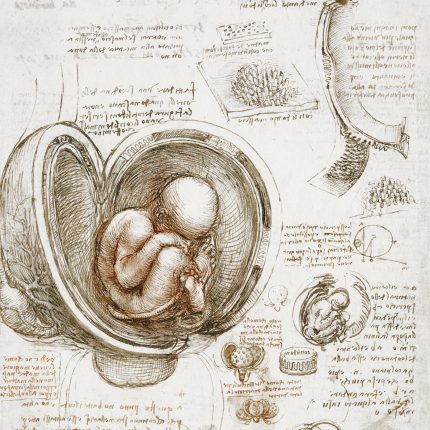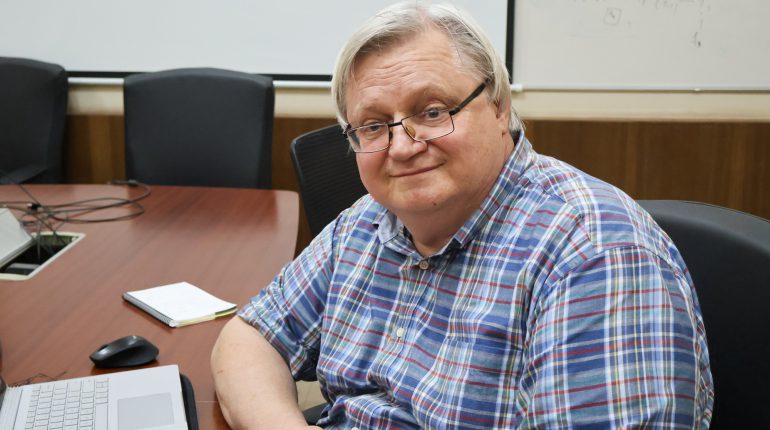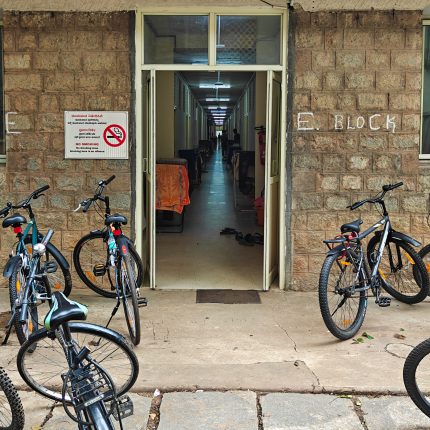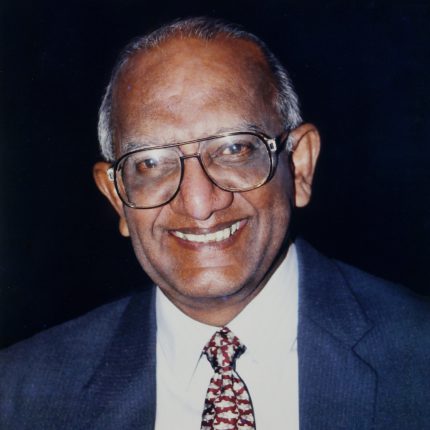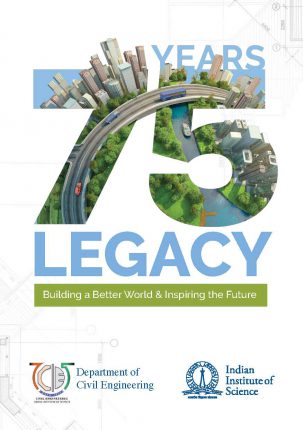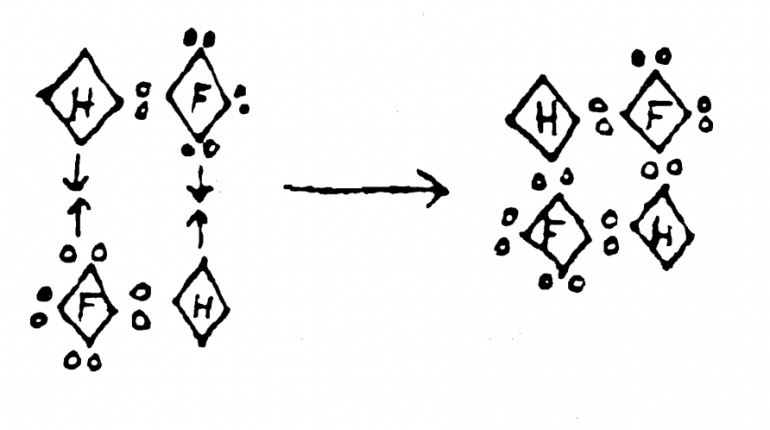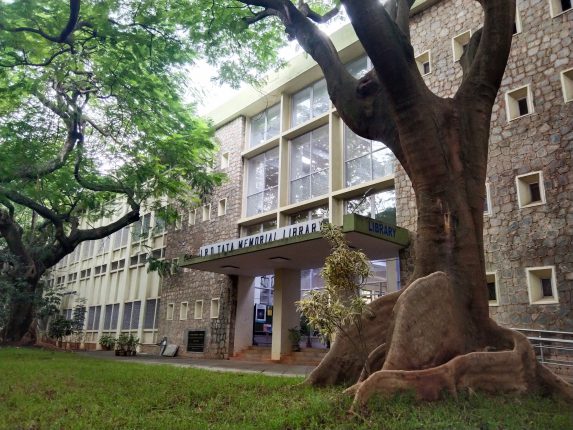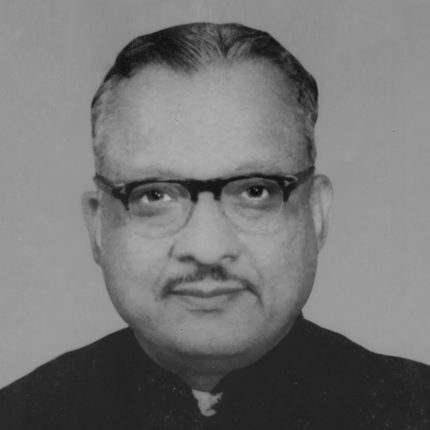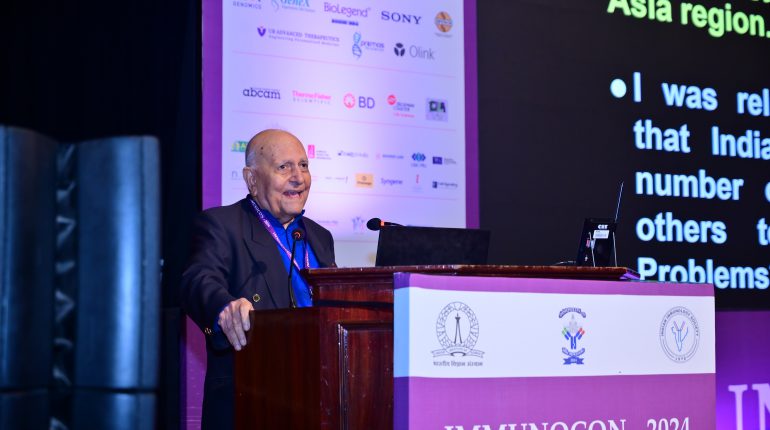How creative pursuits open up new vistas for scientific exploration On a sunny day in the 1600s, in the picturesque town of Lombardy, Italy, an artist was busy at work in a hospital. This might sound strange, but it was a perfectly ordinary occurrence in the life of Leonardo da Vinci. The fifty-something-year-old was […]
Category: History
‘You need special crazy people … to do science’
Yuri Kivshar is among the foremost authorities in metamaterials as well as nonlinear physics and nonlinear photonics, having made several pioneering contributions to these fields. The award-winning scientist is also a Fellow of the Australian Academy of Science, Optica, the American Physical Society, the International Society for Optics and Photonics, and the Institute of Physics. […]
Doors Wide Open
A brief history of IISc hostels To the south-west of the IISc Main Building, a stone’s throw away stands a rather squat piece of architecture. The ground floor construction is of grey-brown rock, cut and piled in rectangles of various sizes. The first floor is painted with what must have been a shade of […]
Amulya KN Reddy
The scientist for social development One morning in the early 1940s, 12-year-old Amulya Reddy received a letter from his uncle and hero, CGK Reddy, a marine engineer and political activist. The letter, written on a rough piece of paper, had arrived from the Madras jail where CGK was imprisoned for his anti-British activities. In […]
Snippet: 75 years of Civil Engineering
A Chemist’s Guide to the Hydrogen Bond
How its understanding has changed through the years The year was 1919. May was approaching and so was graduation season at the University of California, Berkeley in the USA. A young undergraduate student was in deep distress. One of his professors, William Bray, had assigned a paper to be submitted before the end of […]
Shelves of Time
The enduring legacy of the JRD Tata Memorial Library In the late hours of the night, the bustling and lively IISc campus halts to a slight murmur. The streets are deserted; the silence is broken only by the slow pacing of the night guards and dogs barking at nothing in particular. In this dark […]
The Cosmological Principle
Can it help us understand the unknown universe? One day in the spring of 1543, a canon named Nicolaus Copernicus, lying on his sickbed, suddenly awoke from a coma that he had been put under because of a brain stroke. Resting beside him was the first copy of his magnum opus: De revolutionibus orbium […]
Building a Department
How NS Govinda Rao laid the foundation for civil engineering A photo of a moustachioed bespectacled man looks down from the wall of the office of the Department of Civil Engineering at IISc. A few steps further, in the Chairperson’s office, another portrait watches on from above the door. It is fitting that NS […]
The Industrious Immunologist
Gursaran Pran Talwar blazed trails in indigenous vaccine development In October 1994, Gursaran Pran Talwar was in a fix. He had only a month to leave the National Institute of Immunology (NII), an organisation that he had built from the ground up, as his tenure was coming to an end. But his work […]
